
What Cities Can Learn from Venture Capital
If cities are where the future happens first, then the future came early to Bogota

If cities are where the future happens first, then the future came early to Bogota

On this episode of the Brazil Institute podcast, host Anya Prusa speaks with Ilona Szabó, the co-founder and president of the Igarapé Institute, and a recognized expert on questions of public security, crime, and violence in Brazil
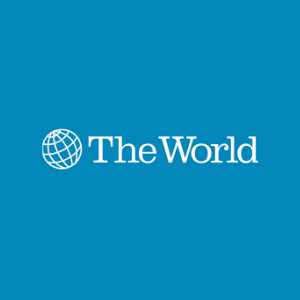
Cities around the world are designing reopening plans and imagining postpandemic life

“Colombia tried to peacefully resolve class conflict with the peace process, which sought to tackle the root causes of conflict” said Katherine Aguirre

“Armed civilians fighting against each other is one of the most serious manifestations of the crisis so far,” said Katherine Aguirre, a security expert at the Igarape Institute in Cali

Rio de Janeiro’s bloody war on crime continues amidst a deepening COVID-19 crisis

“I always had the American dream,” says Bernardo Mattos, sitting outside his shooting club in Rio de Janeiro

Last year, Ian Goldin of the University of Oxford and Robert Muggah, a Brazil-based policy analyst, also released Terra Incognita: 100 Maps to Survive the Next Hundred Years
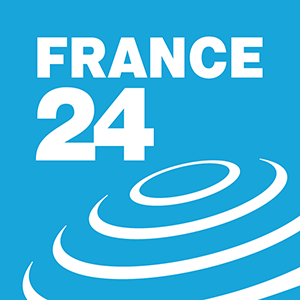
A judge on Brazil’s Supreme Federal Court on Monday suspended parts of four decrees issued by President Jair Bolsonaro relaxing the country’s gun control laws.

From abroad, she’s urging lawmakers and the country’s Supreme Court to strike down the measures.

Ilona Szabó de Carvalho points out that while violent crime declined in the city, it increased in the rest of the state — a phenomenon reflecting the judicial decision to ban police operations in the city.

Latin America and the Caribbean are suffering from the twin epidemics of COVID-19 and organized crime and violence.

Even with deaths at all-time highs, Bolsonaro continues to undermine efforts to address the pandemic

Brazil is in critical condition. Latin America’s largest country is experiencing record-breaking death tolls and its health system is teetering on the brink of collapse.

Jair Bolsonaro’s latest efforts to make guns more easily available to Brazilians have sparked anger and trepidation with some calling the moves a threat to the South American country’s young democracy.
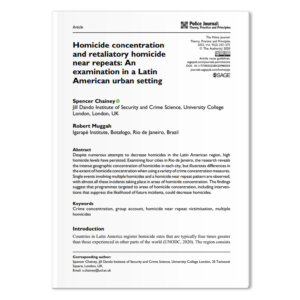
Despite numerous attempts to decrease homicides in the Latin American region, high homicide levels have persisted.

While the coronavirus pandemic is ravaging around the globe, we will continue to experience unprecedented urbanization in the coming decades.
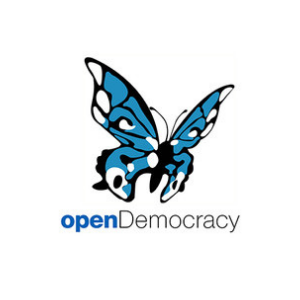
Discrimination and violence against Brazil’s LGBTQ communities are widespread, yet often underreported

Related concern about state brutality also propels two expert advocates up the list: Ilona Szabó de Carvalho (5th), who set up the internationally-influential Igarapé Institute, which champions citizen-led security, and the American prison abolitionist

Robert Muggah, co-founder of Brazil-based security and development think tank Igarape Institute, said that while Monday’s operation will “sting,” it is “unlikely to make a major dent on the PCC” given the organization’s vast size, hierarchy and deep roots in the country’s prison system.

Muggah, who runs a think-tank working on data-driven justice across Latin America called Igarapé Institute, says that Colombia’s sky-high rate of homicide made it not just difficult to differentiate the victims of serial killers from all the other victims, but it made it incredibly hard for the police to investigate, much less prosecute perpetrators.

The world has learned much about the devastating impact of COVID-19 on human health and well-being. It is also waking up to the pandemic’s positive effects on the planet’s atmosphere, ecosystems, and biodiversity.

A week before the death of George Floyd in the US city of Minneapolis in May, Brazilians were mourning one of their own.

On multiple fronts, data-driven policymaking has informed and improved Latin America’s response to COVID-19 – from information about the availability of hospital beds and ventilators to economic measurements to help direct relief packages for businesses and workers.
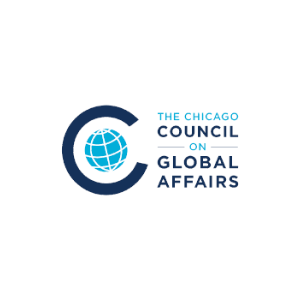
Brazil is poised to overtake the United States for most total COVID-19 infections and deaths globally — but far-right President Jair Bolsanaro is preoccupied with politics and discredits the pandemic’s risk and response.

“I can’t breathe.” The final words gasped by George Floyd are now a global meme. They were recorded on the mobile phone of a bystander while Mr. Floyd was being suffocated to death by a police officer in Minneapolis.

Published in London Schools Economics By Renata Giannini Brazil’s process of drafting its first National Action Plan on Women, Peace and Security was marked by the political crisis that started during the government of its first female president, Dilma Rousseff, and culminated in her impeachment, followed by

Where a person is born and lives correlates with their overall life chances. Unsurprisingly, people living in environments characterized by high levels of economic and social inequality tend to be more exposed to violence and victimization than those living elsewhere.

Brazil had 41,635 killings in 2019, down 19% from the prior year and the least number of homicides since 2007, when the so-called Violence Monitor index was launched.

Violence has always been one of humanity’s most serious global challenges. Hundreds of millions of men, women, and children have been killed or maimed by armed conflict, crime, extremism, and sexual and gender-based violence. Not only does violence exact a massive social and economic toll, it depreciates human capital and undermines important civic and social institutions.

O Instituto Igarapé utiliza cookies e outras tecnologias semelhantes para melhorar a sua experiência, de acordo com a nossa Política de Privacidade e nossos Termos de Uso e, ao continuar navegando, você concorda com essas condições.

